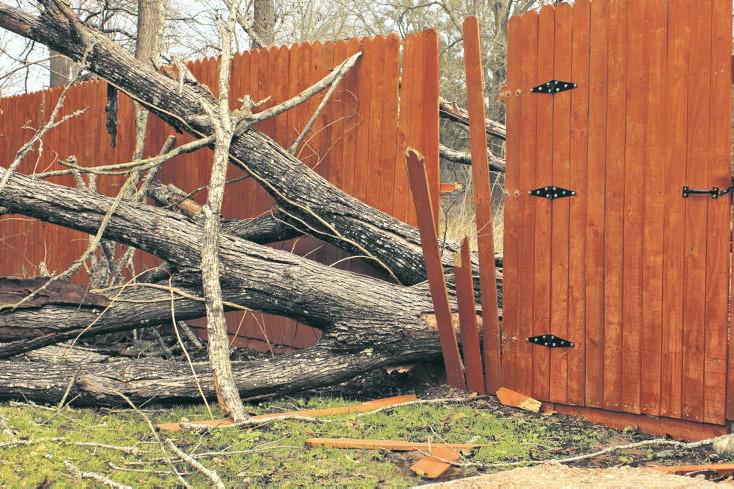“For the first time, I was refused insurance cover on our bungalow which is built on the family farm. I have always insured the house separately from the farm. I was never even asked the question before this year so wonder have insurers been influenced by recent farm accidents. Even insurers who gave me a quotation without knowing or asking about the farm connection, subsequently withdrew it when I informed them about the location of my house. Why would insurers refuse to insure farm houses and what should I do to ensure that I am covered?”
Having contacted a number of insurers and brokers, the general feedback is that there has been no change in how insurers/underwriters view farmhouses in assessing risk and placing cover.
While the two large insurance companies you identified as having refused cover confirmed that they would not insure a farmhouse, they also affirmed that they would not be regarded as being in the business of insuring farms/farmhouses.
They justified their decision on the basis that there would be too much risk associated with a farmhouse, with a bigger volume of people and traffic around a farm/farmhouse and that there may be a potential difficulty in assessing liability should an accident occur.
Consequently, a farmhouse would not be regarded as meeting their acceptance criteria and they are not obliged to offer cover.
However, it would be very unusual not to get buildings insurance unless the house was in an area that was liable to flooding. Consequently, you should be able to secure insurance cover on the farmhouse elsewhere.
When is a house a farmhouse?
In the home insurance policy documents that I reviewed, the insurance covers a “premises”, which is broadly defined as a private dwelling, garage and outbuildings used for domestic purposes only.
It can be argued that a farmhouse is used for domestic and business purposes and consequently would not satisfy the definition of premises.
It appears that some insurance companies are willing to insure farmhouses only if the farmhouse is on a separate plot of land from the farm, fenced off from the farm and with a completely separate entrance to the house from the farm.
In these circumstances, the insurance companies are willing to accept that the farmhouse comprises a premises which they would be willing to cover, notwithstanding the fact they do not generally insure farmhouses.
Duty to disclose the fact that a dwellinghouse is located near a farm
It is interesting to note that the home insurance policy documents for the two insurance companies that refused cover for farmhouses did not make any reference to a house being in close proximity to the farm.
Consequently, it would not be clear to a person reviewing the policy document that the policy does not cover a farmhouse. However, both insurance companies indicated that they would regard it as a material fact that would need to be disclosed as part of the assessment process.
In assessing whether the fact the house is located near a farm would be disclosed as part of the quotation process, one of the insurance companies advised that one of the questions asked prior to offering a quotation would be how much land accompanies the house. This normally triggers a response that the house is on part of a farm.
The other insurance company advised that it would expect the customer to disclose the fact that the house is located close to a farm when asked whether there is any business, trade or professional use around the house.
Failure to disclose what may be regarded as material facts may influence the insurance company’s decision to accept the risk on the terms offered, which could invalidate the policy from inception.
If you did not disclose the fact that your house is a farmhouse or you are not sure whether you did, it is advisable to contact your insurance company or broker to confirm that they have noted that the house is a farmhouse and that it does not affect the policy.
What to do if your house is not covered
You are not legally obliged to take out home insurance, but if you have a mortgage, your lender can insist that you have buildings insurance so that if it transpires that you do not have a valid policy in place you could be deemed to be in breach of your mortgage.
If the disclosure of the fact that the house is a farmhouse invalidates the policy of insurance, you should be entitled to a refund of at least the amount of premium referable from the date of disclosure to the end of the insurable period. It could be argued that you should be entitled to a full refund in circumstances where it was not clear that the policy would not cover a farmhouse.
If the insurance company is not willing to give you a full refund, it may be worth appealing that decision. Most insurance companies have an internal complaints procedure which should be followed and in the event that you are still dissatisfied after having gone through the internal complaints procedure you are entitled to complain to the Financial Services Ombudsman’s bureau.









SHARING OPTIONS